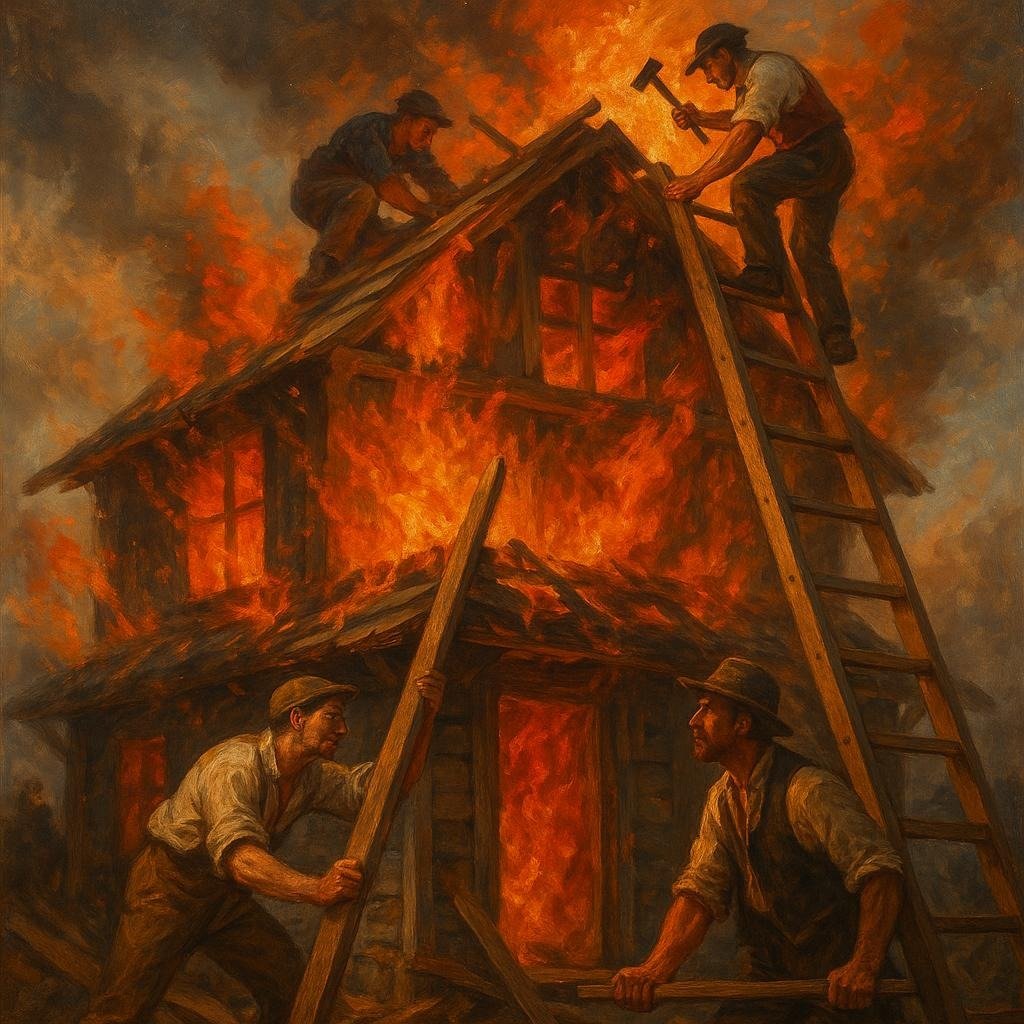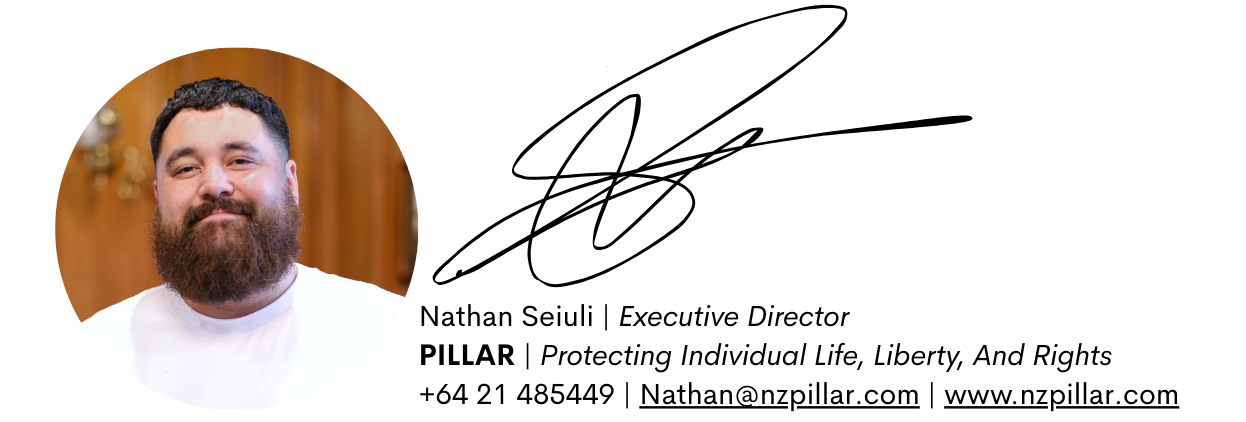Builders and Burners
The Difference Between People Who Build and People Who Burn.
Why are so many dissatisfied, disengaged, and losing faith in our democracy? Because “arriving” doesn’t feel the way we thought it would
Every movement begins with a goal, a vision, and a mission — a utopia to chase and fight for. Ironically, the word utopia literally means “nowhere” or “no place”, coined by Sir Thomas More in 1516. In pursuit of utopia, we blind ourselves to the progress already achieved. In many cases, we march past our goal and into delusion.
The truth is that freedom rarely feels the way we expect. Freedom brings a weight of responsibility that many mistake for oppression. Oppression is a heavy burden, but so is responsibility. The difference is that oppression crushes, while responsibility strengthens. I believe many fail to recognise they’ve arrived because they can’t accept the new weight of responsibility that comes with freedom.
But what do I mean by the new weight of responsibility that comes with freedom? There’s the responsibility to treat others how you want to be treated and to respect their rights. The responsibility to engage in the process of voting and exercising your democratic right. The responsibility to allow others to hold and share views you may disagree with, and potentially the responsibility to challenge them through debate. You can’t hold onto freedom while sitting on your hands, and if you don’t take on the weight of responsibility for it, there’s every chance someone might try to take it from you.
What does failing to realise when you’ve arrived look like?
Take feminism. The first wave fought for legal equality. The second wave fought for social equality. But the third wave, proudly liberated from tradition, marched past equality and into fantasy, where true freedom supposedly means being free of all social constructs and scientific realities, even biological sex itself.
The right to vote and access to wider career opportunities are undeniable wins. But somewhere along the way, the movement’s inability to acknowledge success left it vulnerable to confusion and contradiction.
The same pattern appears in civil rights and indigenous movements. First came legal equality, then social. Now we see campaigns for race-based rights, reparations and, ironically, resegregation. Imagine your ancestors marching for integration only for you to advocate today for racially exclusive spaces.
Both examples reveal an inability to recognise when we’ve arrived. They’re also likely to annoy someone reading this, so please send your complaints to Arian. They also highlight the discomfort that comes with success: the moment when the fight should shift from revolution to carrying the weight of freedoms responsibility.
Arrival doesn’t mean complacency or surrendering progress. It means taking stock of how far we’ve come and working together to preserve and strengthen what generations before us built.
Equality under the law, regardless of race, sex, or creed, is one of humanity’s greatest achievements. It came at a cost and carries a duty to uphold the system that sustains it.
When people fail to recognise this, they become disillusioned. The very thing they fought for sits in their hands, but they don’t know what to do with it. So they tear it apart because it isn’t what they imagined. They convince themselves there’s more to be owed, more to be recognised, that the system is broken and must be dismantled. It must be burnt down.
The solution is not more outrage. It’s perspective, awareness, and gratitude.
At PILLAR, we are constantly reminding ourselves to be grateful. Grateful for the heritage of our country and those who went before us. Grateful that we are able to advocate freely for individual life, liberty, and rights without deep fear or threats to our lives. Grateful that we can support and represent New Zealanders every day, and that many of you have invested your trust, and in some cases your finances, into what we do. And we hope our gratitude is contagious and visible in all we do.
When we choose perspective, awareness, and gratitude, we equip ourselves with the tools to build a better, brighter tomorrow.
When we operate from gratitude instead of grievance, we create rather than destroy. When we act from appreciation rather than entitlement, we advance together rather than divide.
That is the difference between people who build and people who burn.
Arian, thanks for being part of this building project with us.



